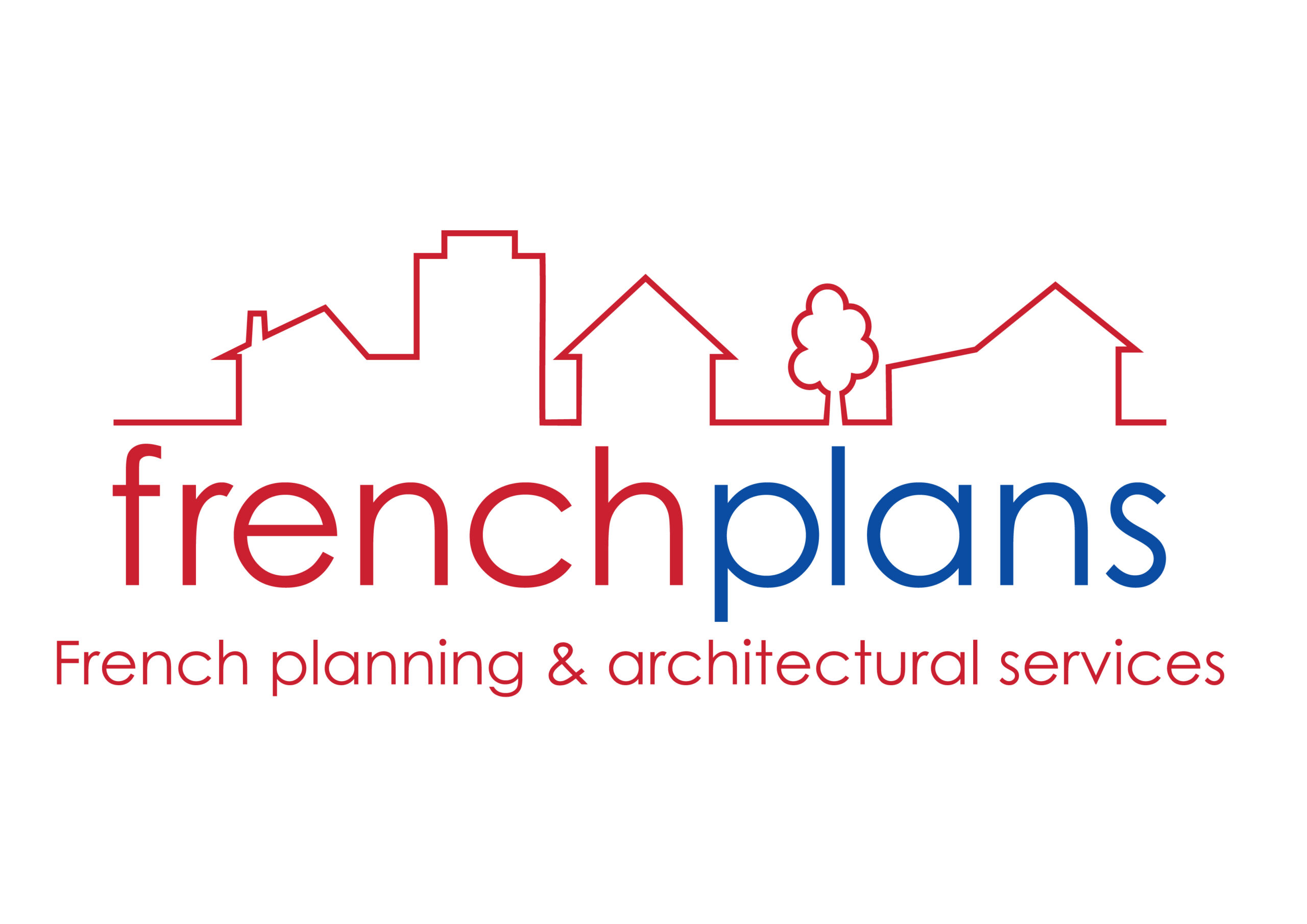Fire Regulations & Building Insurance: Renovation Advice


French Plans is a fully bilingual nationwide architectural and planning service. Director Arthur Cutler has over 20 years’ experience of solving French building conundrums.
Whether you’re creating your own business premises or the home of your dreams in France, Arthur Cutler explains how to avoid legal pitfalls relating to fire regulations and building insurance
Q1. What fire regulations do we need to consider?
We are hoping to convert premises in our village into a small café. What are the fire regulation considerations?
In France, such buildings are referred to as établissements recevant du public (ERP) and are categorised according to two principles – purpose (activity) and capacity (number of people). A small café will be designated as ‘5 N’. Premises open to the public are subject to regulations, including fire safety and disabled access.
ERP regulations covering fire safety concern limiting the risk of a fire, alerting the public in the event of a fire, evacuating people without panic, alerting the fire brigade and facilitating their intervention.
The main requirements include the easy evacuation of people and access by emergency services.
Materials used in the building must respect fire regulations including walls, floors, ceilings and doors. Exit doors must be of a minimum width, while there are specific regulations for commercial kitchens. You may need to install emergency lighting, electrical installation must conform and you’ll need to provide fire extinguishers.
Regarding disabled access, staff and the public must be able to work in or enter ERP establishments. The main requirements include the provision of adapted services, access ramps for wheelchairs, clear signs to allow those in wheelchairs or the visually impaired to easily read instructions, access to reduced-height reception desks and adapted WCs.
Q.2 Do I need insurance when employing artisan builders?
How important is décennale insurance when it comes to employing local artisan builders in France?
In order to answer this fully we need to clarify the regulations surrounding building works generally. Assurance décennale simply means ‘10-year insurance’ and provides cover for a period of 10 years in the event that work is defective or has been carried out in a way that doesn’t meet French building standards.
Any alteration to the structure of a building requires the contractor to hold this type of insurance cover. Work in this category includes roofing, carpentry, masonry, foundations, doors and windows, internal walls and so on.
Any work involving electrics, gas, plumbing, waste and heating also requires the artisan to hold décennale insurance. It is important to note that it is illegal to employ uninsured builders. Doing so makes the employer responsible for any consequences (such as sub-standard work), renders them responsible for taxes and national insurance contributions for that builder, plus they could face financial penalties.
Equally, it is illegal for people offering building services not to have insurance if they undertake works for which it is required. The cost of décennale insurance can be high, so some builders – often foreigners who don’t have the necessary qualifications – avoid paying for cover, though it is very unusual for French artisans not to have the correct insurance. If you are undertaking the renovation works yourself, this will also mean there is no décennale insurance in place. In the event that work is defective, you would have to seek damages against the artisan, who may not be financial capable or interested in fixing the problem, or may be retired and not willing to help.
If you decide to sell the property, the notaire will ask you for details of all work undertaken over the past ten years, with invoices and proof of insurance by whoever did the work. Without these documents, you will be personally responsible for any defects for ten years from completion of the works.
Building or Renovating Your French Property?
Whether you’re building an extension, renovating an old farmhouse, or designing a new build property, FrenchEntrée is here to help! Check out our Essential Reading articles for everything you need to know about planning permissions, building regulations, and renovation projects. Or, for professional help, advice and assistance at all stages of your building or renovation project, get in touch with our partners at French Plans.
Share to: Facebook Twitter LinkedIn Email
More in artisan, expert advice, fire safety, insurance, renovation
By French Plans
Leave a reply
Your email address will not be published. Required fields are marked *



